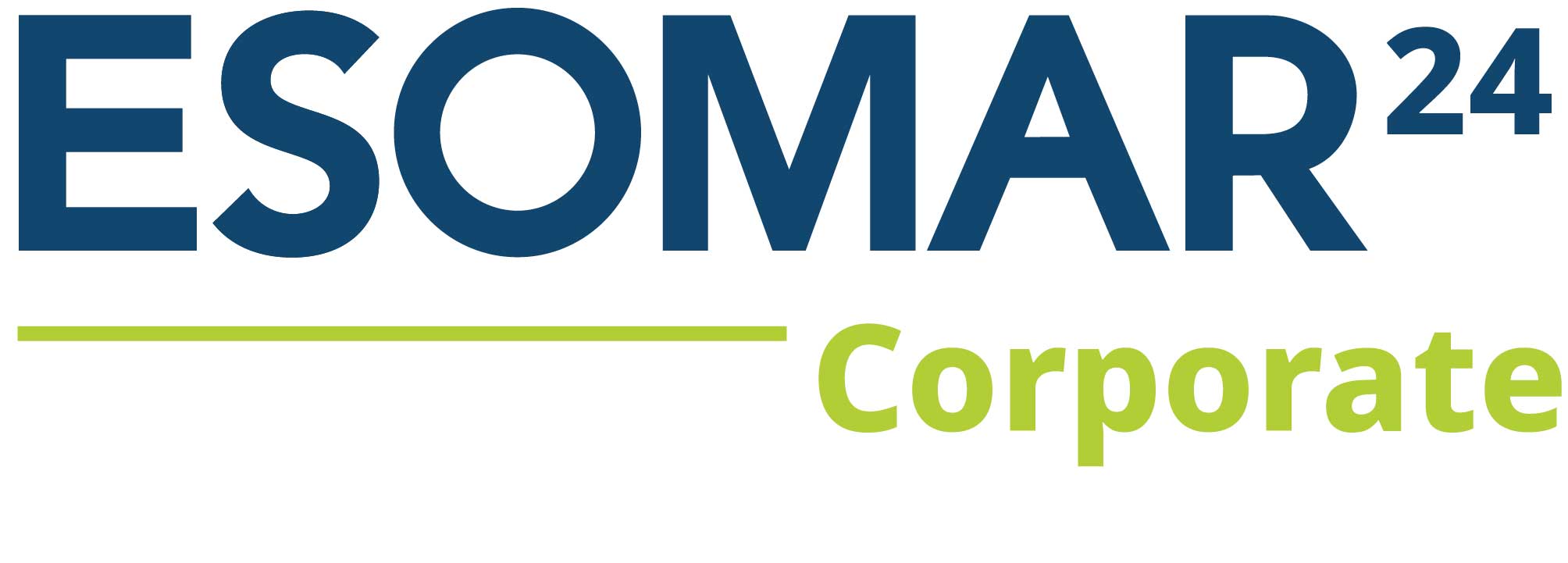Foreign Tongues Specialised Translation
13th May 2016
Translation has become an ever increasing part of the business process and product cycle in today’s global economic environment. Thanks to trade agreements and the ubiquity of the internet, there has never been an easier time to source materials from overseas, market to overseas customers and then sell to them. Foreign consumers, interested in well-known brands and established domestic UK products and services, has created a potential customer base actively looking for your product. Building relationships with this audience still takes some planning though.
As we have shown previously, localisation increases sales, and so translation should be considered part of every marketing budget nowadays. Even if you are not targeting overseas markets specifically, the rich diversity of non-English speakers in your home country could be missed if you do not translate at least part of your web content. By talking to your customers in their own language, you immediately introduce familiarity, remove barriers and avoid the biggest reason for many non-native English speakers to ignore your company’s offerings – “if the site isn’t in my language, I’ll move on to the next search result that is.”
Now that the decision to translate all or at least some, of your web content and documentation has been made, it’s important to make sure it is translated in the correct way. All translation is not the same translation, and while we’ve covered the pitfalls of using free translation services, it’s important to note that your documentation may require specialist knowledge and treatment in order for it to be understood by the target market.
There are many phases to a project, sometimes involving legal contracts, financial statements, or technical implementation procedures, not to mention the product or service description itself. All of which requires translation by a specialist in the given field. An engineering report needs to be translated by someone with a professional experience in engineering. Medical guidelines need to be translated by someone that understands the scientific processes involved. While this may seem obvious, it’s important to ensure that the linguist assigned to translating your documentation, and therefore representing your company, has the same depth of working knowledge as the original author. While many translation companies may claim to provide translation services ‘for every sector’, in many cases, it is just one or two in-house linguists that will be given the task of translating every project into a given language, regardless of any professional experience of translating documentation within your industry.
One of the many benefits of working with Foreign Tongues is access to our wealth of linguists with the specialised knowledge required for your projects’ success. Each linguist is allocated to your project based on your specific sector demands, and understands not only what information needs to be conveyed, but how to do it precisely.
Before making the decision on your next translation project, talk with Foreign Tongues and see how we can help in providing you with the right linguist, with the required knowledge to translate your documents the way you need them to be translated.
References:
http://www.nielsen.com/us/en/insights/news/2014/engaging-the-evolving-hispanic-consumers.html
